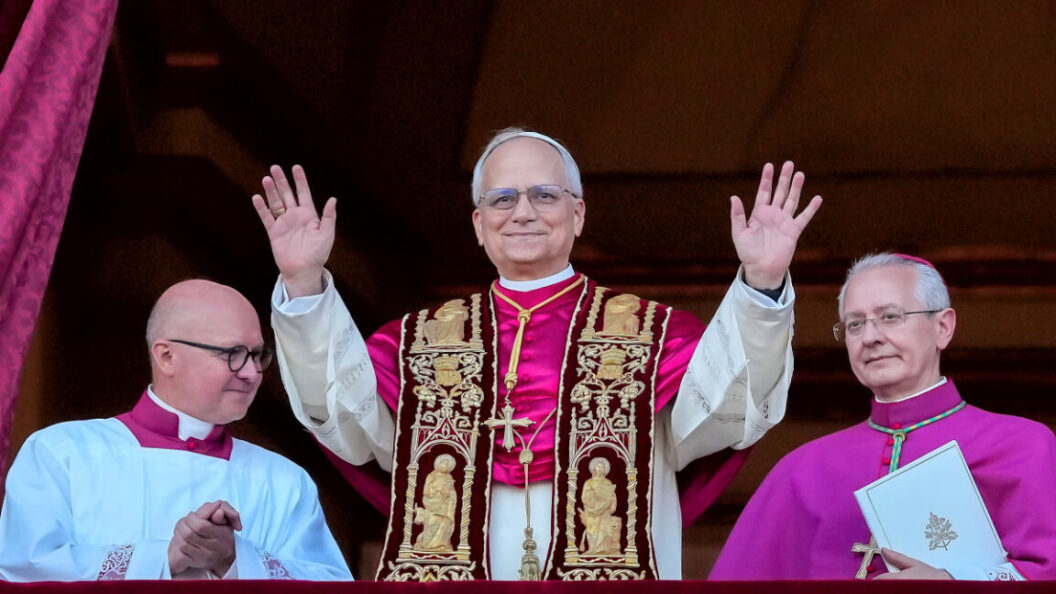Pope Francis Calls for Ethical AI in Light of Labor History
Introduction
Pope Francis delivered a compelling message this January, emphasizing the dual nature of artificial intelligence (AI) and its ethical implications for society. He articulated a vision for AI that respects human dignity and promotes community well-being, while simultaneously warning of the potential for misuse. This pronouncement echoes the moral concerns raised over a century ago during the Industrial Revolution, when Pope Leo XIII addressed the human costs of technological advancement.
Historical Context: The Catholic Church and Labor Rights
Pope Francis’s remarks draw upon a rich tradition of Catholic social teaching, particularly that championed by Leo XIII in his 1891 encyclical, Rerum Novarum. This pivotal document confronted the dramatic transformations brought about by industrialization, which, while generating vast wealth and productivity, also subjected workers to harsh and unsafe conditions. As Leo XIII observed, many faced debilitating 16-hour workdays, child labor, and meager wages that barely supported their families.
The encyclical was groundbreaking in its rejection of both unchecked capitalism and socialism, advocating instead for a doctrine that honored workers’ rights. Leo XIII articulated that labor possesses inherent dignity and outlined moral obligations for employers toward their workforce, including the rights to form unions and receive fair compensation. These principles laid the foundation for modern Catholic social teaching and galvanized labor movements globally, positioning the Church as a defender of workers’ rights amid economic tumult.
AI: A New Frontier for Ethical Consideration
Today, Pope Francis posits that the ethical considerations surrounding AI mirror those of the late 19th-century labor debates. As society stands on the brink of another industrial revolution driven by AI and automation, the pope asserts that similar moral leadership from the Church is necessary. In his recent formal address, he stated, "the Church offers to everyone the treasury of her social teaching in response to another industrial revolution and to developments in the field of artificial intelligence."
The Shadow of Misuse
While Francis acknowledges the promise of AI to enhance human life, he balances this with a stark reminder of its potential risks. “Like any product of human creativity, AI can be directed toward positive or negative ends,” he cautioned. This duality raises critical questions about how technology is developed and applied. The moral evaluations of AI must consider its broader implications, particularly with respect to employment patterns and the dignity of the individual.
Addressing Controversial Claims
Critics of Francis’s position may argue that the rapid pace of technological advancement cannot be effectively countered by moral or religious directives. Some assert that the market will naturally adapt, rendering ethical considerations secondary. However, the pope’s insistence on a thoughtful examination of AI use highlights a reluctance to allow profit to overshadow fundamental human rights.
Conclusion: The Significance of the Pope’s Message
Pope Francis’s remarks on AI underscore the ongoing struggle to balance innovation with ethical responsibility. As humanity grapples with the implications of artificial intelligence, revisiting the lessons of the past may provide invaluable guidance. The Church’s role as a moral arbiter in these discussions could be pivotal, reminding individuals and corporations alike that progress must not come at the expense of human dignity.
The parallels between the challenges of the Industrial Revolution and today’s AI dilemmas suggest that ethical frameworks are more critical than ever. As society navigates this new technological landscape, the pope’s call for a conscientious approach could help shape policies that prioritize human dignity and justice in labor. The future of work and human engagement with technology may depend on how well we heed these age-old lessons.









